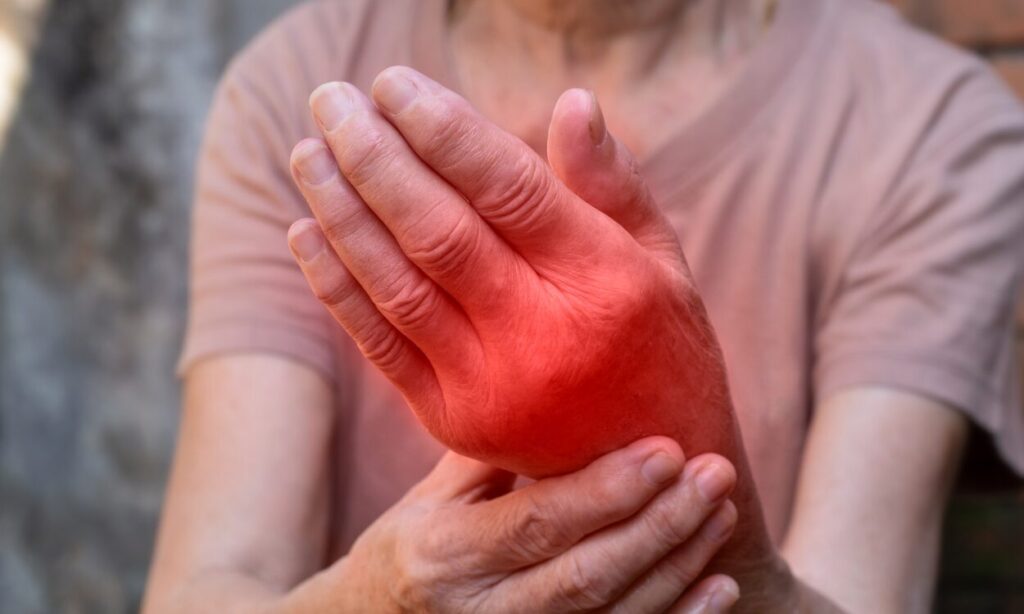Heart disease, often likened to a faulty engine, disrupts the vital task of pumping blood, impacting the quality of life by hindering nutrient and oxygen delivery to the body’s tissues.
The heart, often termed as the engine of our bodies, tirelessly pumps blood to ensure proper functioning.
Understanding symptoms of heart disease is vital for early detection and intervention.

Key Signs of Heart Disease:
Chest Pain or Discomfort: May vary from pressure to sharp stabbing sensation.
Seek medical attention if discomfort lasts or recurs.
Shortness of Breath
Particularly during physical activity or at rest.
Consult with a healthcare professional if breathlessness persists.
Fatigue
Persistent exhaustion not alleviated by rest.
Especially significant if accompanied by other symptoms.
Swelling

In legs, ankles, feet, or abdomen.
Can be a sign of heart failure; seek medical advice if sudden or unexplained.
Irregular Heartbeat
Known as arrhythmia.
Evaluate persistent or rapid heart palpitations with a healthcare professional.
Conclusion:
Listening to heart signals is crucial for cardiovascular health.
Early detection and intervention enhance prognosis.
Don’t ignore symptoms; consult with a healthcare professional promptly.
FAQ:
Why is it crucial to understand the symptoms of heart disease?
Understanding these symptoms is vital for early detection and intervention, which can significantly improve prognosis and outcomes for individuals at risk of heart disease.
How should one respond if experiencing symptoms of heart disease?
It’s important not to ignore any potential signs of heart disease. Promptly consult with a healthcare professional for proper evaluation and treatment.
What does it mean if I experience chest pain or discomfort?
Chest pain or discomfort can vary in intensity and sensation. Seeking medical attention is crucial, especially if the discomfort persists or returns.
Can shortness of breath be a sign of heart disease?
Yes, shortness of breath, particularly during physical activity or at rest, can be a symptom of heart disease. It’s essential to consult with a healthcare professional if experiencing persistent breathlessness.
What should I do if I feel excessively fatigued?
If you’re experiencing persistent exhaustion that isn’t alleviated by rest, it’s important to consult with a healthcare professional, especially if accompanied by other symptoms.
When should I be concerned about swelling in my legs, ankles, feet, or abdomen?
Swelling in these areas, especially if sudden or unexplained, could be a sign of heart failure. Seeking medical advice promptly is recommended in such cases.
How can I tell if I have an irregular heartbeat?
Irregular heartbeats, known as arrhythmias, can manifest as persistent or rapid heart palpitations. It’s important to have these evaluated by a healthcare professional for proper diagnosis and management.

